
A journal has retracted a study that said exposure to radiofrequency radiation increased the risk of breast cancer after an epidemiologist found that some of the papers it relied upon did not measure radiofrequency radiation at all, in a decision that the lead author has called “unfair.”
The study, titled “Exposure to radiofrequency radiation increases the risk of breast cancer: A systematic review and meta‑analysis,” was published in Experimental and Therapeutic Medicine on November 9th. The paper analyzed eight prior studies — four case‑control and four cohort studies — concluding “that radiofrequency radiation exposure significantly increased the risk of breast cancer, especially in women aged ≥50 years and in individuals who used electric appliances, such as mobile phones and computers.”
In early December, Frank de Vocht, an epidemiologist at the University of Bristol, decided to investigate the study. He explained in an email to Retraction Watch:
Continue reading “Riddled with errors”: Study of cell phones and breast cancer retracted Researchers in China have retracted a 2016 paper in Oncology Letters on the anti-cancer properties of aspirin because, well, it was a disaster from top to bottom.
Researchers in China have retracted a 2016 paper in Oncology Letters on the anti-cancer properties of aspirin because, well, it was a disaster from top to bottom. 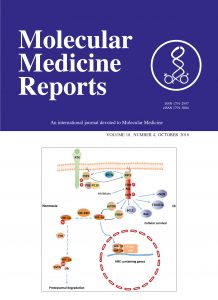
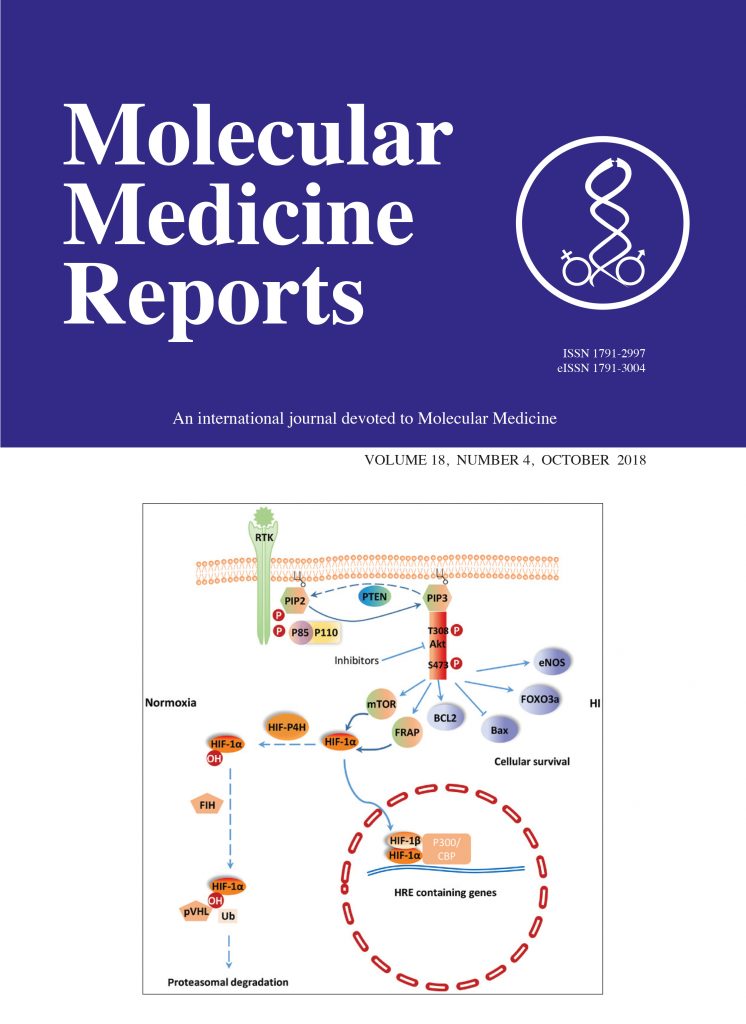
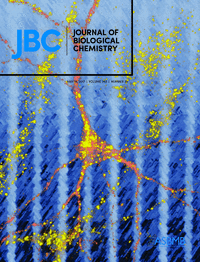 On April 27, the Journal of Biological Chemistry (JBC) retracted nine papers by a researcher based in Israel, including some dating back to 2000.
On April 27, the Journal of Biological Chemistry (JBC) retracted nine papers by a researcher based in Israel, including some dating back to 2000.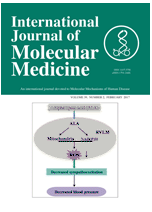
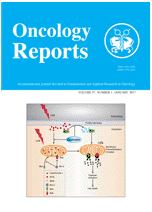 An oncology journal has decided to retract a 2012 paper on gastric cancer after discovering duplicated data in multiple figures.
An oncology journal has decided to retract a 2012 paper on gastric cancer after discovering duplicated data in multiple figures.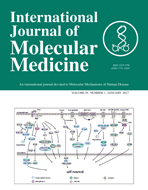
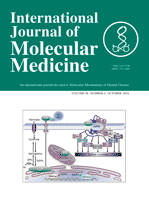
 Researchers have retracted their third paper due to missing original data, following an investigation at their former institution in New York.
Researchers have retracted their third paper due to missing original data, following an investigation at their former institution in New York.